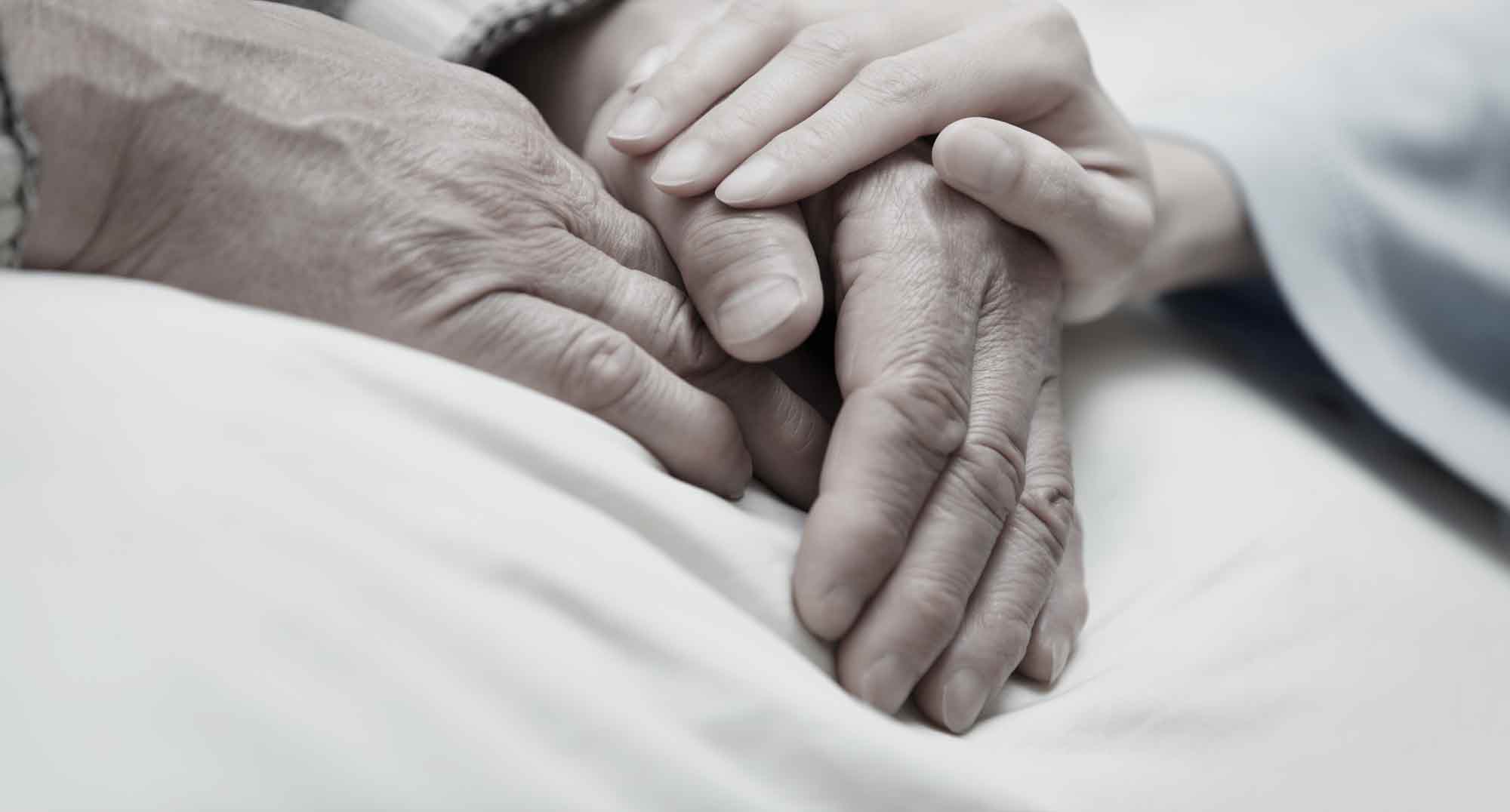Moms: Trust God to Care For You
MARISSA BONDURANT | CONTRIBUTOR The world tells us that self-care is the key to living a balanced, happy, successful life. We are encouraged to take time for ourselves, to rest, and to care for our bodies. After all, if we aren’t caring for ourselves, then how can we care for others? There is wisdom in that, but the reality is that sometimes we have intense mothering seasons where our needs must take a back seat. Any mom who has had the flu, alongside the rest of the family knows this. Yet even in those seasons, when self-care isn’t possible, the gospel offers us tremendous hope and encouragement. Let God and others care for you. Two of my girls have needed surgeries and a variety of procedures and tests to address serious medical issues. I handed a daughter to an anesthesiologist almost 20 times in just five years. Each time we’ve gone through one of these ordeals, people reminded me to take care of myself. But, when you have a young child suffering, and only mommy can soothe her, taking care of yourself becomes impossible. In these seasons I’ve found encouragement in remembering how I was made. In the Garden, the first thing God says that is not good about his creation is when Adam is alone (Gen. 2:18). We were made to be cared for by God and by others. It’s part of our good design. I’d argue that “self-care” is necessary, but not sufficient in meeting the very real, and very valid needs that we have as moms. Being cared for by others requires that we practice vulnerability. We must allow others to see us when we are weak and then allow them (and sometimes outright ask them) to help us. I’ve learned that even if we are nervous about burdening our friends, it is actually a joy for them to care for us. God wants to care for us too. His Word nourishes our souls like food nourishes our bodies (Jer. 15:16). He cares for us by convicting us of sin (John 16:8), comforting us when we’re hurting (2 Cor. 1:3-4), providing wisdom in abundance (James 1:5), and interceding when we need prayer (Rom. 8:26)...


